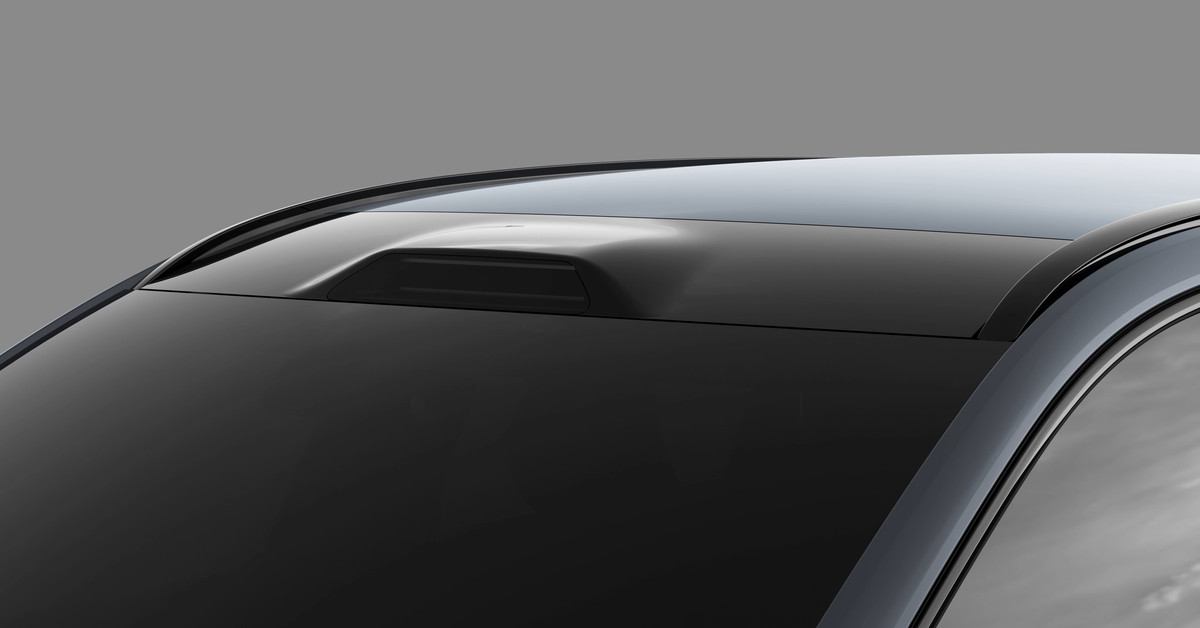
Luminar, a Florida-based startup that makes LIDAR sensors and other components essential for autonomous driving technology, is the latest transportation company to go public via a “reverse merger” with a special acquisition company, or SPAC.
The company announced Monday that it was merging with Gores Metropoulos, a so-called “blank check” company sponsored by an affiliate of The Gores Group, a global investment firm. As a result, Luminar will become a publicly traded company listed on NASDAQ under the new ticker “LAZR.” The Gores Group has been called “the king of SPACs” for the number of reverse mergers it has pulled off.
equity valuation of $3.4 billion
The combined company will have an “implied pro forma enterprise value” of approximately $2.9 billion and an equity value of $3.4 billion at closing. Luminar will receive an immediate investment of $170 million led by Alec Gores, Van Tuyl Companies, Peter Thiel, Volvo Cars Tech Fund, Crescent Cove, Moore Strategic Ventures, Nick & Jill Woodman and VectoIQ.
Unlike conventional initial public offerings, reverse mergers can be completed in a matter of months. Some SPACs raise money from investors without a detailed business plan. The sole purpose of these blank check companies is to find another company with which to merge. If they can’t do it within two years, they often fold and investors get their money back.
The benefits of SPACs to retail investors is thought to be minimal, experts say, because sponsors of blank check companies are frequently able to buy substantial stakes in the business they merge with at minimal cost.
Reverse mergers are all the rage with futuristic transportation companies. The soaring share price of Tesla — currently trading at around $2,000 a share — is thought to have fueled some of the frenzy. Hydrogen trucking company Nikola, electric pickup truck Lordstown, EV startup Fisker, and electric minivan company Canoo are just a few of the companies to cash in on a sudden funding frenzy in the electric vehicle startup space, which has seen fresh money go to Karma Automotive, China’s Li Auto and XPeng, and others.
Luminar was founded in 2012 and counts among its backers Peter Thiel and Volvo, which earlier this year said it will begin using Luminar technology to power autonomous driving in its cars beginning in 2022. Luminar also supplies Audi and the Toyota Research Institute. LIDAR, the laser sensor that sends millions of laser points out per second and measures how long they take to bounce back, is seen as a key ingredient to autonomous driving.
